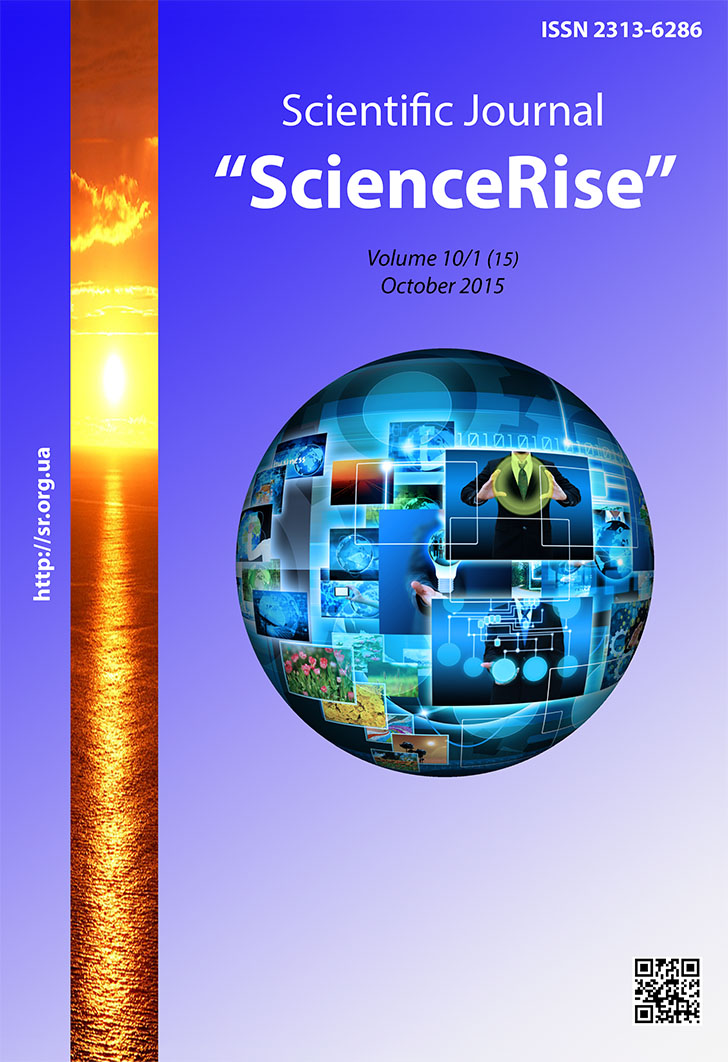Management of communicative discourse in scientific and educational space
DOI:
https://doi.org/10.15587/2313-8416.2015.51179Keywords:
scientific and educational space, communicative discourse, government, social management, science, educationAbstract
Scientific and educational space is a context, measure and section of the most vectors of mainstreaming of social management. The concept of communicative discourse in the context of national scientific and educational space clearly demonstrates how the actualized essence and power in the field of scientific and educational space and in what form it manifests itself in terms of different ways of constructing ontology of social reality
References
Gabermas, Ju. (2011). Posmetafіzichne mislennja. Fіlosofіja osvіti, 1-2, 41.
Fuko, M. (1996). Volja k istine: po tu storonu znanija, vlasti i seksual'nosti. Raboty raznyh let. Moscow: Kastal', 157.
Fukujama, F. (1990). Konec istorii. Voprosy filosofii, 3, 134–148.
Habermas, Ju. (2000). Moral'noe soznanie i kommunikativnoe dejstvie. Sankt-Peterburg: Nauka, 58.
Krimec', L. V. (2015). Fіlosofs'kі aspekti vladi v upravlіnnі naukovo-osvіtnіm prostorom. Kyiv: Zolotі vorota, 383.
Krymec, L. V. (2012). Social'noe vzaimodejstvie v kontekste postindustrial'nogo obshhestva na sovremennom jetape razvitija. Saarbrucken, Germany: Lap Lambert Academic Publishing, 163.
Downloads
Published
Issue
Section
License
Copyright (c) 2015 Людмила Володимирівна Кримець

This work is licensed under a Creative Commons Attribution 4.0 International License.
Our journal abides by the Creative Commons CC BY copyright rights and permissions for open access journals.
Authors, who are published in this journal, agree to the following conditions:
1. The authors reserve the right to authorship of the work and pass the first publication right of this work to the journal under the terms of a Creative Commons CC BY, which allows others to freely distribute the published research with the obligatory reference to the authors of the original work and the first publication of the work in this journal.
2. The authors have the right to conclude separate supplement agreements that relate to non-exclusive work distribution in the form in which it has been published by the journal (for example, to upload the work to the online storage of the journal or publish it as part of a monograph), provided that the reference to the first publication of the work in this journal is included.

